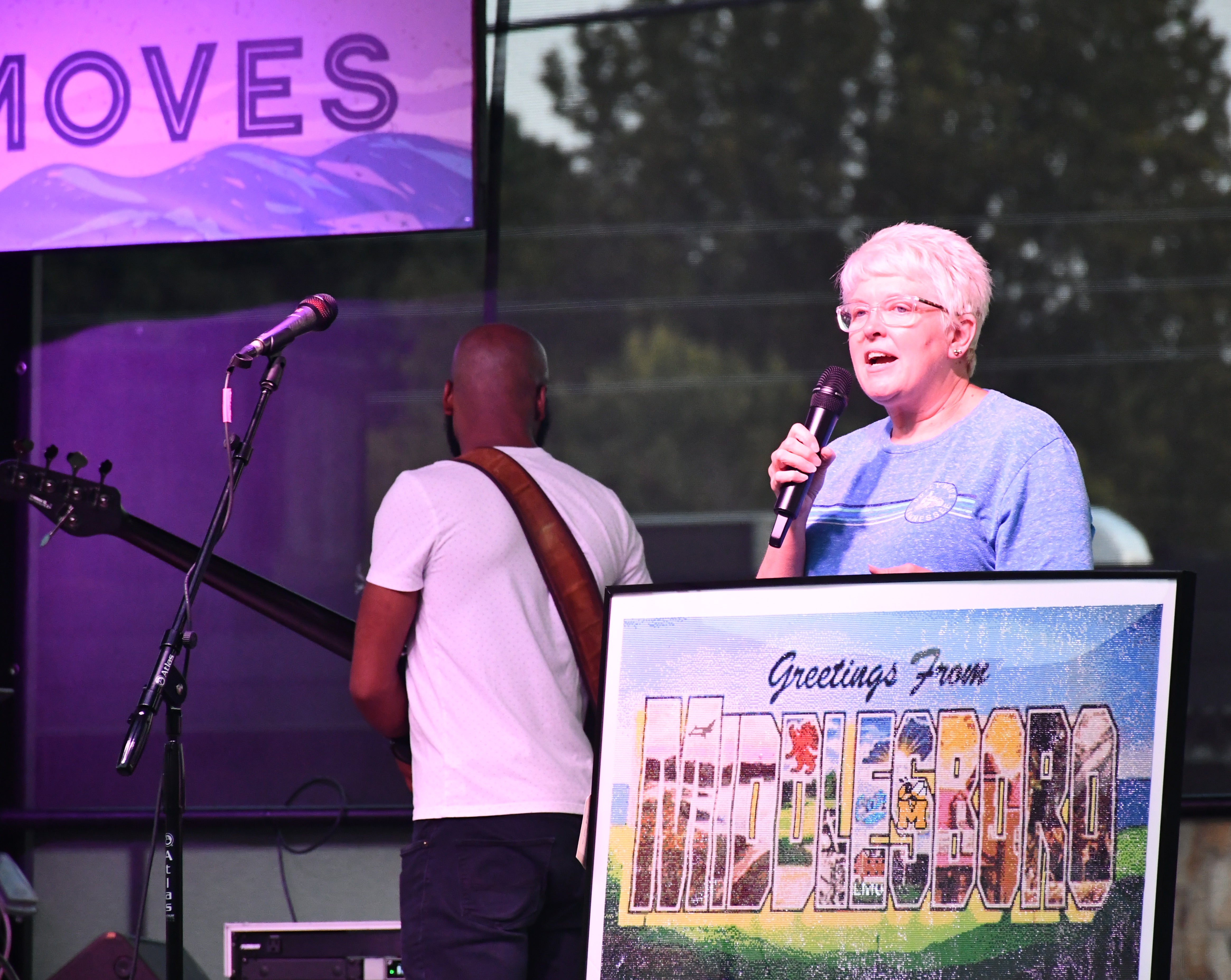Newton set an example of class as leader
Published 2:50 pm Friday, June 8, 2018

Chris Jones | Daily Enterprise
Former University of Kentucky athletics director C.M. Newton (center) made a stop in Harlan during the early 1990s as part of a tour of community colleges. He is pictured with former Cawood star and Mr. Basketball Phil Cox (second from right), his former player at Vanderbilt, and former UK and Harlan star Wah Wah Jones (right), along with Kathy Guyn, of Southeast Community College.
Known for both his class and humility, C.M. Newton was perhaps second only to the legendary Adolph Rupp when it comes to basketball legends in a state known for basketball. Newton, 88, died Monday of natural causes, bringing tributes from across the nation for what he brought to basketball and all the schools that were fortunate enough to employ him, either as a coach or athletic director.
“In anything to do with basketball, he was an ambassador,” said current Kentucky coach John Calipari. “He is a basketball icon.”
Even though Calipari is correct, Newton’s influence was much bigger than basketball. He brought the first black athlete, Wendell Hudson, to Alabama in 1969, a brave move during a very difficult time in the South when many weren’t ready to treat blacks as equals. A few years later, Newton had turned around the struggling basketball program at a school known for football with an all-black lineup that led the Tide to three straight SEC championships.
Harlan County basketball fans likely remember Newton from his time at Vanderbilt in the 1980s when he brought a southeastern Kentucky legend named Phil Cox to Nashville when the University of Kentucky and other basketball powerhouses considered him too small at just below 6-foot tall. Cox, the Mr. Basketball from Cawood High School, repaid Newton’s confidence by becoming the school’s all-time leading scorer and earning all-SEC honors as a four-year starter.
When the University of Kentucky, his alma mater, called in the late 1980s, Newton answered and rescued the program from one of the darkest periods of its history just after a recruiting scandal had placed the Wildcats on probation. He brought in Rick Pitino as coach and the two helped restore UK basketball to national prominence with a national championship in 1996. When Pitino left for the NBA, Newton turned to Tubby Smith, who became the first black coach in the program’s history and led UK to another national title in 1998.
After his retirement from UK, Newton remained involved in basketball on a national level, including serving as president of USA Basketball and chairman of the NCAA Division I Men’s Basketball Committee. He was inducted into the Naismith Basketball Hall of Fame for all his accomplishments.
Newton was a man of class and principle who left a mark on the University of Kentucky and all the other institutions where he worked, beginning at Transylvania. He set an example that all coaches and administrators should follow, not only because of his success on the court but for the way he went about his life and work on a daily basis.






